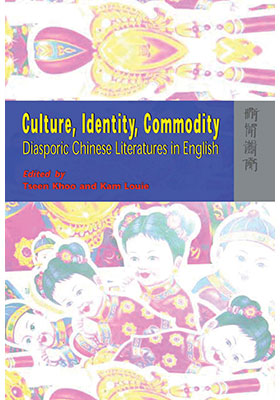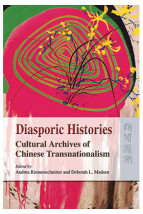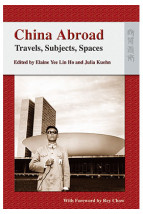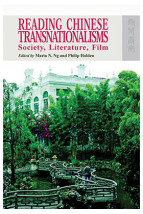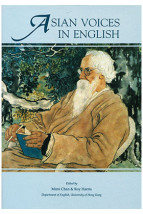Culture, Identity, Commodity
Diasporic Chinese Literatures in English
(文化、身份、商品:海外華裔英語文學)
ISBN : 978-962-209-760-5
July 2005
328 pages, 6″ x 9″
Not for sale in the USA or Canada
- HK$295.00
Ebooks
Culture, Identity, Commodity is a pioneering work focused on diasporic Chinese literary production in English. It provides broad-ranging, critically-engaged textual analyses that address the dynamic area of diasporic Chinese literary studies from American, Australian, and Canadian perspectives.
The innovative research in this collection comes from established and emerging scholars who draw on threads of transnational, postcolonial, globalization, and racialization theories to engage with a broad range of texts including novels, autobiographies, plays and Chinese cooking shows. In so doing, the authors examine issues of cultural and racial identity, the politics of Chinese-ness and the commodification of race/ethnicity, and negotiations of belonging in contemporary Western society.
The breadth and depth of the volume’s twelve chapters and critical introduction encapsulate vital components of this active research field. The book is a handy reference and critical work for researchers and students and others interested in diasporic Chinese literatures in English, contextualizing national conditions and interrogating the thematics of diasporic and transnational experiences.
The volume will be of interest to those researching in diasporic Asian studies, Chinese and English literatures, Australian, Canadian or American literary studies, as well as lay readers interested in intercultural creative and cultural issues.
“This collection forms an important foundation for overdue and much-needed comparative work in diasporic Chinese literatures in English.” —Sneja Gunew, Professor of English and Women’s Studies and Director of the Centre for Research in Women’s Studies and Gender Relations, University of British Columbia, Canada
“This is a bold and thought-provoking collection with the great merit of questioning orthodoxies. It offers a much-needed discussion of emerging Chinese diasporic writing. It will be an important resource for all those researching and teaching in the fields of comparative literature, ethnic studies, as well as Australian, Canadian and American studies.” —David Parker, Department of Sociology and Social Policy, University of Nottingham, United Kingdom

